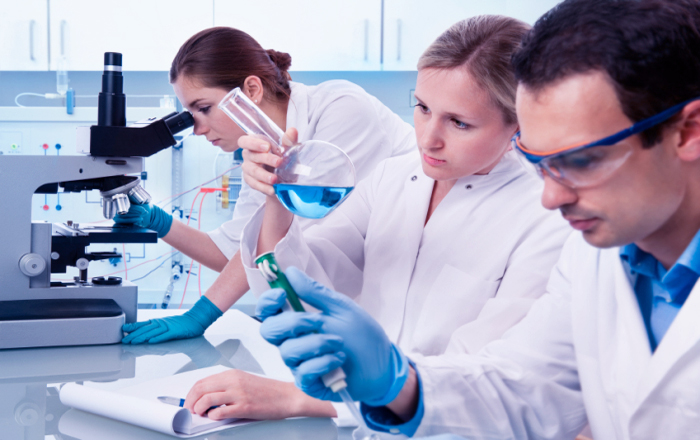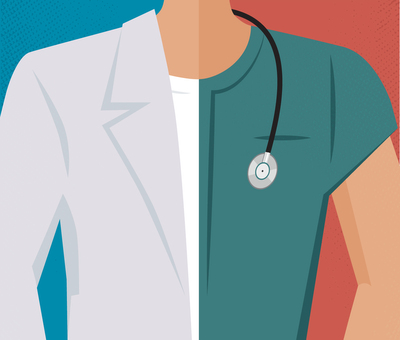PharmaPack 2017, now in it’s 9th Edition, is India’s only and dedicated exhibition on pharmaceutical packaging. PharmaPack 2017 will showcase the latest innovations in pharmaceutical packaging technologies and solutions.
The Total Packaging & Processing Show of PharmaPack 2017 concurrently organised with Intelpack-2017, Foodtek 2017 and SupplyChain Expo 2017 on floor space of over 12000 sq. mtrs. The show will attract over 250 Exhibitors and more than 12,000 trade visitors from India and overseas.
The global pharmaceutical industry is projected to grow markedly through the decade, reaching $1.4 trillion and 4.5 trillion doses of medicines by 2020. It is growing rapidly in kind and is expected to surpass $100 billion globally by 2019.
The pharmaceutical packaging sector is expected to grow the fastest among all packaging industry sectors, growing at a five-year CAGR of 3.9 percent through 2019*.
The global pharmaceutical industry is presently undergoing swift expansion, a lot of technology innovations and rapid advancements in manufacturing processes and integrations and these factors are auguring growth of the pharmaceutical packaging industry globally. Due to increasing generic and contract manufacturing activities in Asian countries especially India and China, the emerging geographies are expected to register maximum growth.
The Indian pharmaceutical packaging market is driven by new pharmaceutical products, increasing demand for blister packaging, the growth in anti-counterfeiting and other sophisticated packaging, online printing technology, and investment in R&D across different therapeutic areas
In order to recognise & bring in forefront, the industry leaders who are driving the fast track growth in the industry, India Packaging Awards were launched in 2016 & proved extremely successful. It served as the first and only platform which recognised the Pharmaceutical Packaging Industry for their efforts, contribution & innovation. The top notch industry professionals came together for an evening which was specifically dedicated to celebrate the glory of Indian pharmaceutical packaging industry.



